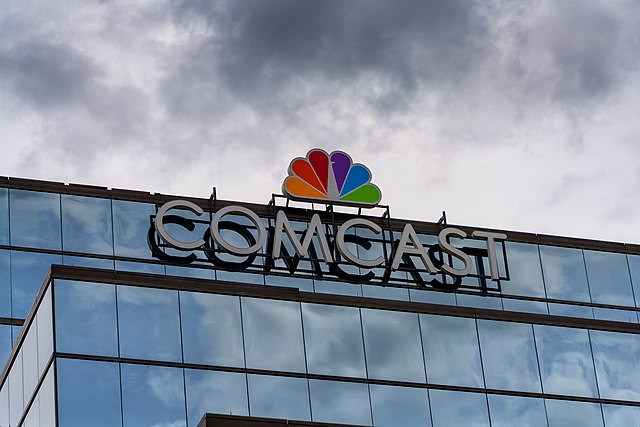Comcast Corporation is set to spin off a major portion of its cable television networks, including prominent channels such as MSNBC and CNBC, into a separate publicly traded company. The move, expected to be officially announced on Wednesday, comes as the media giant pivots to adapt to shifting industry dynamics driven by the rapid growth of streaming services. The Wall Street Journal was the first to report the plan, citing sources with knowledge of the decision.
The spinoff will encompass several of Comcast's cable properties, including USA Network, Oxygen, E!, Syfy, and the Golf Channel, alongside MSNBC and CNBC. These channels have faced mounting challenges from cord-cutting trends, as more viewers move away from traditional cable packages in favor of streaming platforms. Despite these challenges, the cable networks remain profitable contributors to Comcast's bottom line.
NBCUniversal, the Comcast division that oversees these networks, will retain ownership of assets such as Bravo, the flagship NBC broadcast network, the Peacock streaming service, and NBC Sports, as well as Universal theme parks. According to company insiders, the spinoff aims to establish a more focused and streamlined cable network business with its own management structure. Mark Lazarus, the current chairman of NBCUniversal Media Group, will lead the new entity as CEO.
Mike Cavanaugh, Comcast's president, hinted at the potential for a spinoff during a recent investor call, stating that the company was evaluating the creation of "a new well-capitalized company that would go to our shareholders" composed of its cable networks. The decision appears to have been expedited, with a formal announcement imminent.
Craig Moffett, an analyst at MoffettNathanson, noted that "investors have yearned for exactly this, or at least something close to it, for years." Moffett highlighted the market's desire for more targeted investment opportunities, with the spinoff providing a clear growth path for a segment of the business facing disruption from streaming competitors.
The strategic separation of MSNBC and CNBC from the broader NBCUniversal News Group raises questions about how the two networks will continue to collaborate with NBC News. Comcast executives are expected to outline their vision for the new structure and any potential impacts on news operations at the time of the announcement.
The cable network spinoff is unfolding as millions of consumers abandon traditional pay-TV subscriptions in favor of streaming services like Netflix, Disney+, and Comcast's own Peacock. Peacock, which will remain part of Comcast's core operations, has been a focal point for growth, with the company reporting a nearly 30% increase in paid subscribers over the past year, reaching 36 million.
Bravo will also remain with NBCUniversal, as its content is heavily integrated with Peacock. The decision underscores Comcast's commitment to boosting its streaming capabilities while maintaining flagship properties that drive viewer engagement.
The spinoff, which could take up to a year to finalize, will involve navigating complex licensing agreements and determining future partnerships between MSNBC, CNBC, and NBC News. The new company will have a management structure similar to Comcast, but it will operate independently. Mark Lazarus will lead the venture, while Anand Kini, NBCUniversal's chief financial officer, will serve as CFO and chief operating officer.
Comcast Chairman and CEO Brian Roberts will hold a voting stake in the new entity, though he will not be part of its board. At NBCUniversal, key leadership changes are also underway. Donna Langley will become chairman of NBCUniversal Entertainment and Studios, while Matt Strauss, who heads the direct-to-consumer division, will take on expanded responsibilities as chairman of NBCUniversal Media Group.




